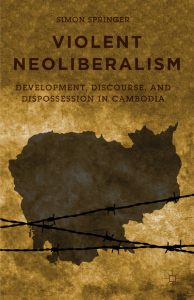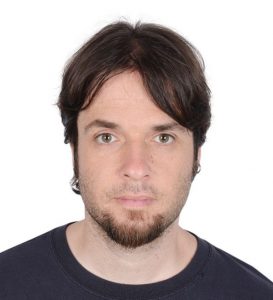Political Paradigm of Pragmatism from the Khmer Youth part 96
This part (96), Mr. Sophan invited every Cambodian citizen to remember Chea Vichea whose death has been very controversial during this 13 years of his anniversary. As of today, the authority can only inform his relatives and sympathizers on their ongoing investigation into the murdering by having never disclosed the progress and eliminated this culture of impunity.
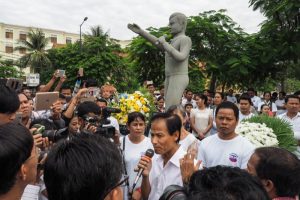
The authority has likely embedded ill-will towards the dead and the supporters. This impunity has been a tool to continue “politics of fear” that has been well utilized by Hun Sen administration. Just reminding to the three well-known activists i.e. Chea Vichea who was President of Garment Labors Union, Chhut Wutty who is the environmentalist, and recently Kem Ley who is the social researcher and public commentator, it is sufficient to conclude that the aim and attempt of this continuing impunity is planned as an effective tool to shut down “freedom of expression” and to embed the “politics of fear” in Cambodia.
According to criminal law of Cambodia, the length of after 15 years in any crime case, it could be closed down in investigating and unearthing the motives, which is to make a non-stopped sarcasm of the justice system of this nation.

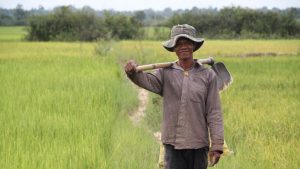
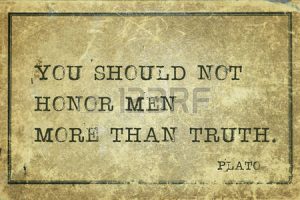 Up to today, the pure democracy has not existed in this world. Up to today, the pure communism has not existed in this world. The middle path engagement has been visible everywhere. But those countries that are moving away from this middle path are practically fragile states or failed states respectively. Our well-known ancient political philosophers such as Plato said “you should not honor men more than truth”, or legendary Socrates who accepted to die than giving up his “true word”, or Lord Buddha who advocated for “Dhamma-thepady Democracy or Dhamma Supremacy Democracy” since thousand centuries ago, have lighted up till today. Dhamma Supremacy Democracy literally means “rule of laws democracy”. In practice, Bhikkhu monks used major consensus to make decision-making upon well-adopted Vinaya or rule of laws. At least, there are three levels of “rule of laws” taught by Lord Buddha: the conventional truth or man-made rule of laws (Vinaya or disciplinary discourse), natural truth of rule of laws (Dhamma or natural truth of long discourse”, and ultimate truth or ultimate rule of laws (Abbhidhamma or ultimate truth of metaphysic discourse”. Buddha also addressed the three majority policy such as self supremacy (Atta-thepady), populace supremacy (Loka-thepady), and Dhamma supremacy (Dhamma-thepady) which he concluded that all those supremacy are beneficial by resembling within the line of “rule of laws” or Dhamma, not a single identity.
Up to today, the pure democracy has not existed in this world. Up to today, the pure communism has not existed in this world. The middle path engagement has been visible everywhere. But those countries that are moving away from this middle path are practically fragile states or failed states respectively. Our well-known ancient political philosophers such as Plato said “you should not honor men more than truth”, or legendary Socrates who accepted to die than giving up his “true word”, or Lord Buddha who advocated for “Dhamma-thepady Democracy or Dhamma Supremacy Democracy” since thousand centuries ago, have lighted up till today. Dhamma Supremacy Democracy literally means “rule of laws democracy”. In practice, Bhikkhu monks used major consensus to make decision-making upon well-adopted Vinaya or rule of laws. At least, there are three levels of “rule of laws” taught by Lord Buddha: the conventional truth or man-made rule of laws (Vinaya or disciplinary discourse), natural truth of rule of laws (Dhamma or natural truth of long discourse”, and ultimate truth or ultimate rule of laws (Abbhidhamma or ultimate truth of metaphysic discourse”. Buddha also addressed the three majority policy such as self supremacy (Atta-thepady), populace supremacy (Loka-thepady), and Dhamma supremacy (Dhamma-thepady) which he concluded that all those supremacy are beneficial by resembling within the line of “rule of laws” or Dhamma, not a single identity.